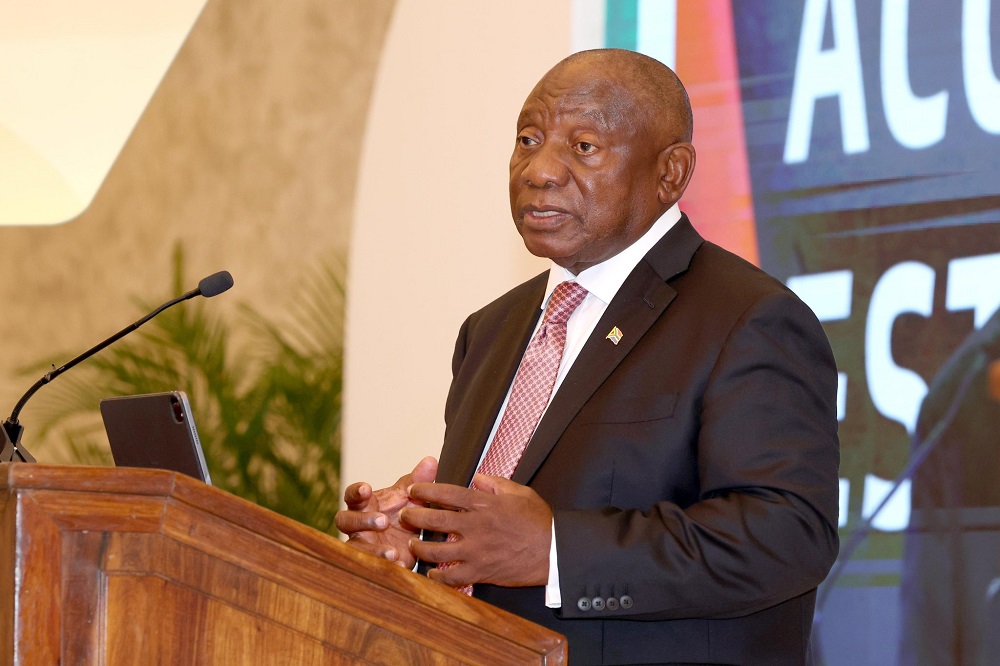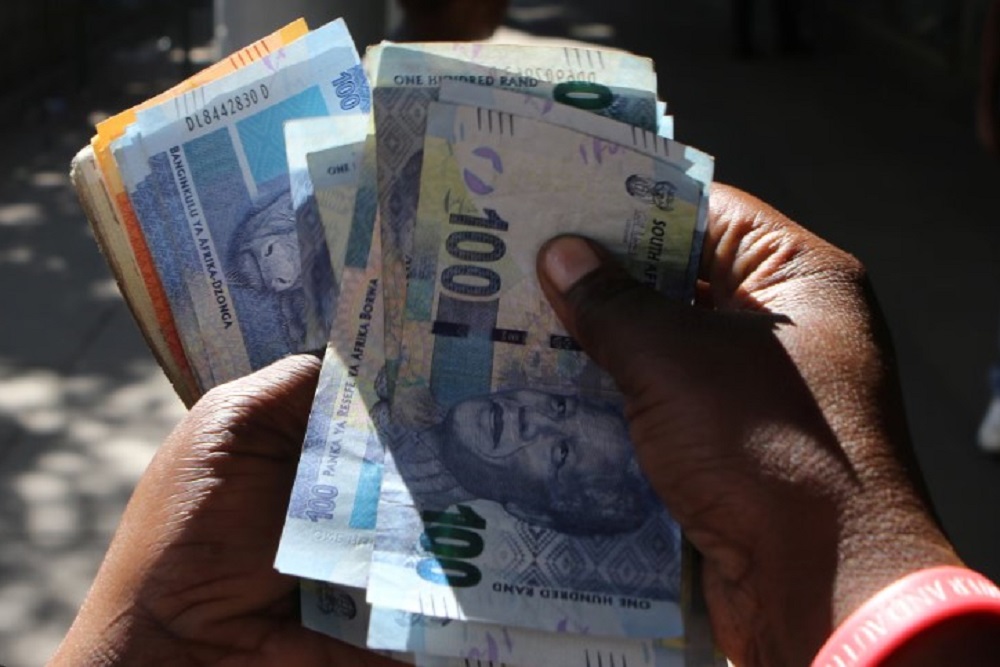-
Signage is seen outside the Moody’s Corporation in New York.
Standard Bank Senior Economist Elna Moolman, says the rating decision by the global credit rating agency, Moody’s was expected.
Moody’s decided not to downgrade the country’s credit and keep it unchanged at Ba2 due to strong and independent institutions such as the judiciary and the central bank, a robust, deep financial sector and a solid external position.
This follows S&P’s revised ratings outlook from stable to positive citing an improved reform programme and economic growth potential.
However, South Africa’s credit rating remains in the sub-investment grade category, which impacts borrowing costs and investor perceptions.
Global credit rating agency Moody’s affirmed South Africa’s sovereign’s long-term foreign and local currency debt ratings at ‘Ba2’ and maintained the stable outlook.
According to Moody’s, the ratings affirmation reflects South Africa’s various credit strengths. The credit rating agency also acknowledged the positive reform momentum in South Africa.
The stable outlook suggests that the risk of further downgrades is low in the near term.
SA’s policies
National Treasury acknowledged the rating by Moody’s, saying it is pursuing policies to achieve rapid, inclusive and sustainable economic growth, while economic reforms are beginning to bear fruit in some economic sectors.
“The Moody’s decision to keep South Africa’s credit rating and also the outlook on this rating unchanged was entirely unsurprising. We still think that in the next few years they may very well be upgraded to South Africa’s great rating, especially if we take into account the significant improvement in South Africa’s GDP ratio relative to when Moody’s placed us on this current rating,” says Standard Bank Senior Economist, Elna Moolman.
VIDEO | Moolman says in the coming years there may be upgrades to SA’s credit ratings
SA’s inequalities
While the rating agency acknowledged the positive work done by government, it warned that the move also acknowledges chronic challenges posed by the country’s inequalities which hamper reform progress and fuel social risk, as well as persistent structural constraints on economic growth and a relatively high and costly debt.
“Look, we need to get our growth rate up. That’s the major issue in South Africa at the moment, is that our growth is very low and Moody’s they think it’s going to be low going forward as well unfortunately. So, expectations of a big recovery in, in, in our GDP numbers are not unfortunately dead. One thing to be noted was that they thought the strength of our central bank was quite important as well as our judiciary. So, institutions in Africa are quite strong,” says Rand Swiss Portfolio Manager, Viv Govender.
In general, a credit rating is used by sovereign wealth funds, pension funds and other investors to gauge the credit worthiness of South Africa thus having a big impact on the country’s borrowing costs.











